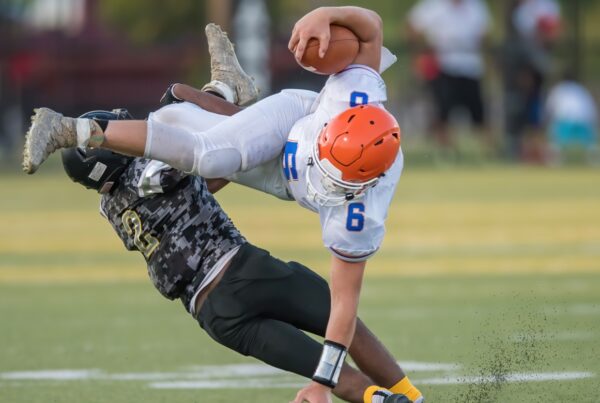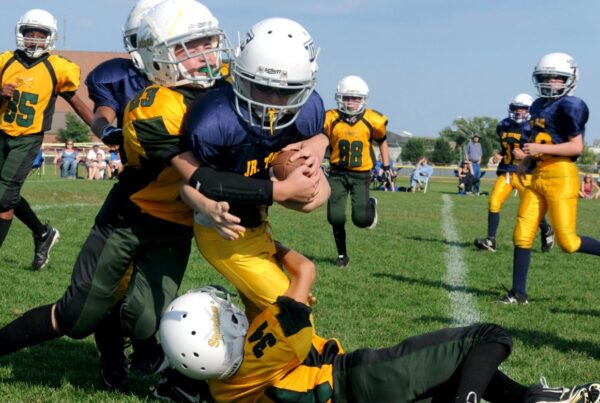by Justin WU, DPT

Does cracking my knuckles lead to arthritis?
This is a question that has been asked, taught, and sought after for generations. When I was little my parents used to say, “stop cracking your knuckles, it’s bad for you.” Me, being young and obviously obedient, sort of obeyed. But now that I’m older and a PT, I frequently go back to this age old question with my patients. So let’s address this issue.
What is this “cracking “noise?
Roughly 25-45% of people crack their knuckles.[1] So generally, if there is no pain with the “crack” then it should be fine. The cracking of the knuckles is basically liquid transitioning into gas form – joints expand and fill with fluid which form mini-bubbles and eventually “crack” when the joint capsule is stretched. Therefore, it takes roughly ~15 minutes before that same joint can crack again because it does take time for the joint to replenish itself with the synovial joint fluid. That’s why it feels like one can move their joint further into their range of motion and/or feel relief after a crack because the joint capsule is stretched and less restricted.
Where’s the (sort of) proof?
In 2009, Dr. Donald Unger won the Ig Nobel Prize in Medicine for his self-inflicted study in whether cracking of his knuckles cause arthritis. “For 50 years, the author cracked the knuckles of his left hand at least twice a day, leaving those on the right as a control. Thus, the knuckles on the left were cracked at least 36,500 times, while those on the right cracked rarely and spontaneously.”[2] When Dr. Unger analyzed his data, he concluded that “there was no arthritis in either hand, and no apparent differences between the two hands…there is no apparent relationship between knuckle cracking and the subsequent development of arthritis of the fingers.”
But there are other evidence out there that suggests that knuckle cracking does result in lower grip strength and swelling. Another study shows that “there was no increased preponderance of arthritis of the hand in either group; however, habitual knuckle crackers were more likely to have hand swelling and lower grip strength. Habitual knuckle cracking was associated with manual labour, biting of the nails, smoking, and drinking alcohol. It is concluded that habitual knuckle cracking results in functional hand impairment.”[3]
So take what you will! There needs to be better evidence out there than self-inflicted and more controlled studies that can give a definite answer to this age old question. But nonetheless, the question has been explored, but there is just no definite answer to it yet! Here’s my view, though.
Dr. Wu is a Physical Therapist at Boston Sports Medicine

[1] Mirsky S. Crack Research: Good news about knuckle cracking. Scientific America. December 15, 2009
[2] Unger D. Does knuckle cracking lead to arthritis of the fingers? Arthritis Rheumatology. 1998 May; 41(5):949-50
[3] Castellanos J, Axelrod D. Effect of habitual knuckle cracking on hand function. Annals of the Rheumatic Diseases.1990 May; 49(5): 308-309



